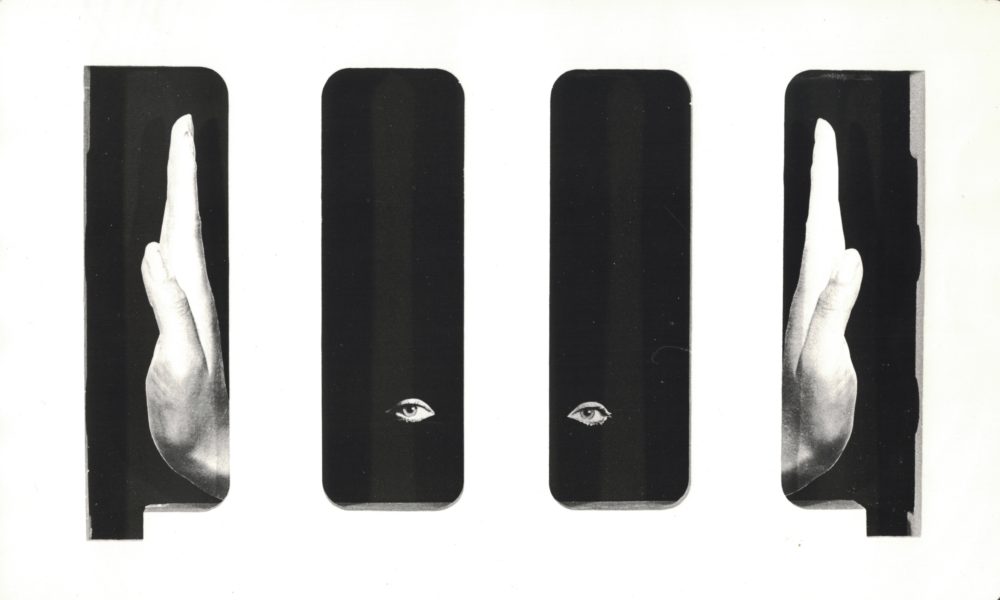Four rooms is a group show in four stages, in which five young Neapolitan artists – Luca Mattei e Carlotta Sennato, Giulio Delvè, Corrado Folinea, Celesta Bufano – have the opportunity to display their works in a public context and, at the same time, be confronted with the experience of exposing in a museum. The exhibitions is accompanied by four texts, each written by a young Arts student at the University of Naples “l’Orientale”, who has been selected by professor Rossella Bonito Oliva to measure himself with the imaginery of contemporary artists.
Room 2
Giulio Delvè, Untitled (Tumbleweed series), 2007
text by Flora Visca: No shadow but mine
The text written by Flora Visca for the exhibition analyses what could be defined as the man’s state of mind after the appearance of the powerful technology. A first-person analysis of the ethical implications of “machine” and its iniquitous use.
Tumbleweed is the echo of a voice that I hear inside of me, a silent cry let out not only by men, but also by other living beings, by inanimate elements, by the very nature of humanity.
From the bottom of the third millennium there comes the deafening noise of an engine, a strong noise that blunts my mind….the “car” gathers way to start, but it is almost immediately stopped by an obstacle that is located just behind the car itself and that becomes, for the position it occupies, the witness of the impossibility that lies at the origin of the mechanical device.
The car reiterates the same operation over and over again with obstinacy.
I look around, my eyes trying to understand who started the car, but I see no other shadow but mine. The idea that nobody is controlling that device gives me anguish because I suddenly feel that the car, in which I should spot some trace of humanity, is instead completely alien to me.
I impulsively want to run away, go far, free myself…. but I am affected by the same pathology of the car by now.
My heart starts to beat faster because I am scared, because of the idea that in front of me there is something that cannot hear that beat, that doesn’t know I exist, doesn’t even know it itself exists.
It suddenly comes to my mind that cars are not self-conscious, and as a consequence
they can’t drive themselves; they cannot think, nor feel the emotions I feel. I have mixed feelings…on one side I want to run away, on the other I feel the need to stay.
In any case I feel I can’t escape the grip of the big blindfold automaton because it is present, under different guises, in every aspect of life: on the war fields, on the city streets, in the workspaces, in my home, on my desk, in the pockets of my clothes, on the tv screen, in children’s games. It is on the body and inside the body; its invasive and all-absorbing presence debases life: it penetrates it and holds it, it bridles it, paralyzes it, modifies it, and forces it to change its habits.
But machines do not just crush life; man, in fact has created a particular type of machine that can even destroy life: the war machine, the most hideous of human inventions, the symbol of a despicable ambition, still alive in the heart of the contemporary man.
When I was a child I thought that war was something far from me both in time and space; I naively believed it was something that belonged to the past and in fact you study it at school. Growing up I had to face the bitter truth that war is present also where it is not present; no matter where a war is taking place, or how far it is from where I am, I still feel it, I feel its injustice.
I do not understand war, even if they explain it to me, I just do not understand it.
It makes me want to go back to when I was a child, and bring a dream to life, maybe through one of many drawings I used to make at that time. I would draw a huge war machine, wrapped in a lot of laces, and I would hold them tight until I wake up.

